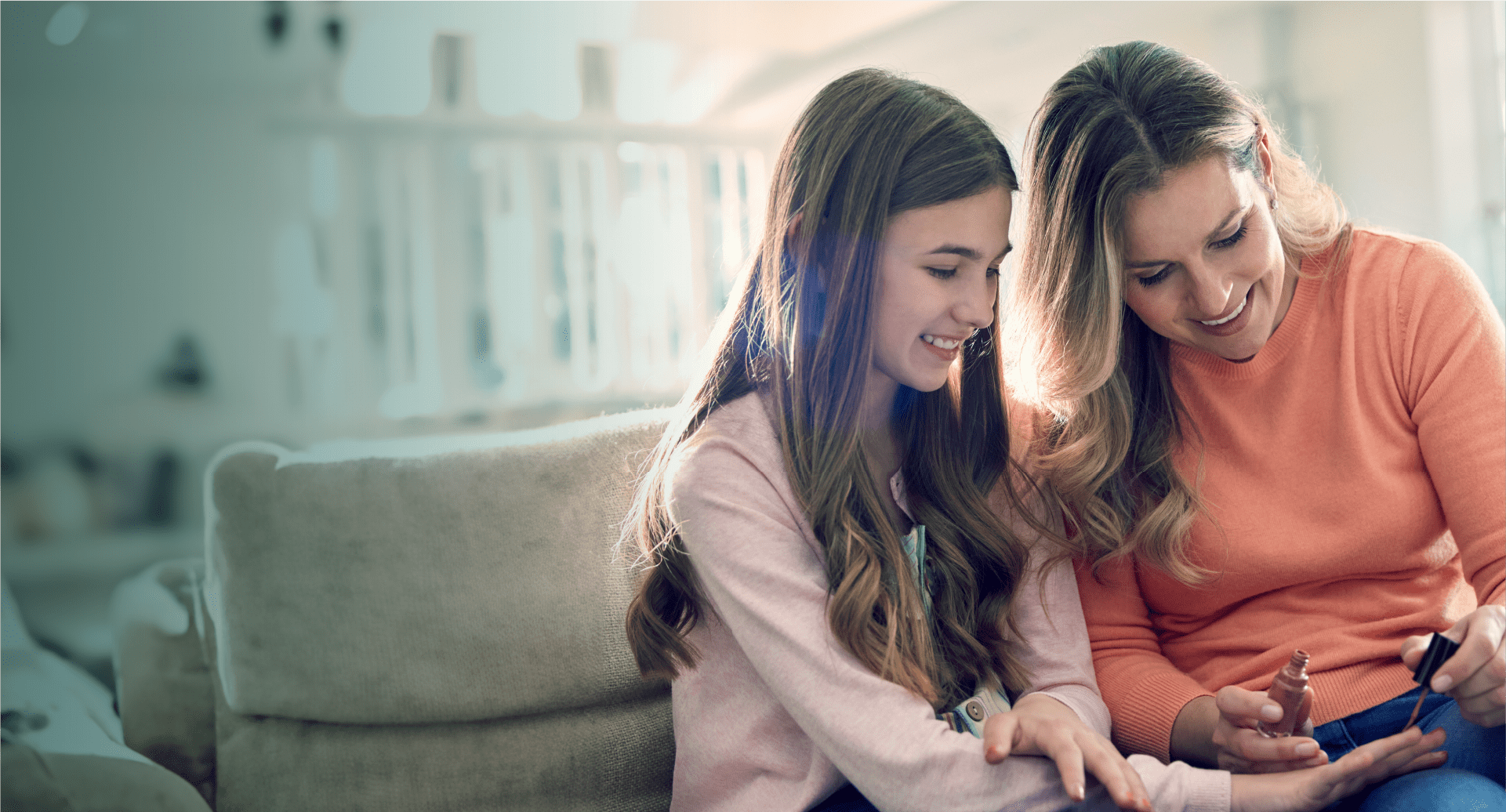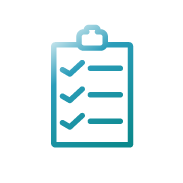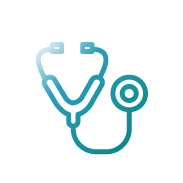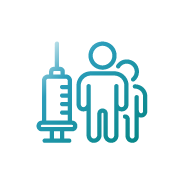
THE VACCINATION CONVERSATION
What is the HPV vaccine?
The HPV vaccine can help save lives. It helps protect against HPV infections as well as HPV-related cancers.19
WHY VACCINATE?
The HPV vaccine helps save lives.19
Vaccination helps protect young girls and adults from certain types of HPV-related
cancers that may affect them later in life.19,22
WHO SHOULD GET THE HPV VACCINE?
Eligible young girls and women from ages 9 to 26 years
Children can begin receiving the HPV vaccine at the age of 9, though vaccination is generally recommended as a routine practice at ages 11 or 12.22
Eligible women aged
27 to 45 years
HPV vaccination is not recommended for all women in this age group because they may already be exposed to virus. However, patients who were not adequately vaccinated before can discuss the option of getting vaccinated with a healthcare professional.22
Pregnant women
It is not recommended to take the HPV vaccine during pregnancy.22
Breastfeeding
If you are breastfeeding, please consult your doctor about your eligibility for vaccination.23

GETTING THE HPV
VACCINE24
The HPV vaccine is usually injected into the muscle of the upper arm or at the side of the upper area of the thigh. The recommended site of administration is the upper arm. The vaccine should not be injected within the vein, into the skin layers or right under the skin.
HPV vaccine schedule and dosing for eligible individuals25

Routine
Vaccination
Age 11-12 years, can be started at age 9.

Catch-up
Vaccination
Age 13-26 years, if not adequately vaccinated.

Shared clinical
decision-making
Some adults aged 27-45 years, if not adequately vaccinated previously.
A 2-dose schedule is recommended for girls who get the first dose before the age of 15 year.
A 3-dose schedule is recommended for girls and women:
• Who get the first dose on or after the age of 9-14 years.
• With certain immunocompromising conditions.
